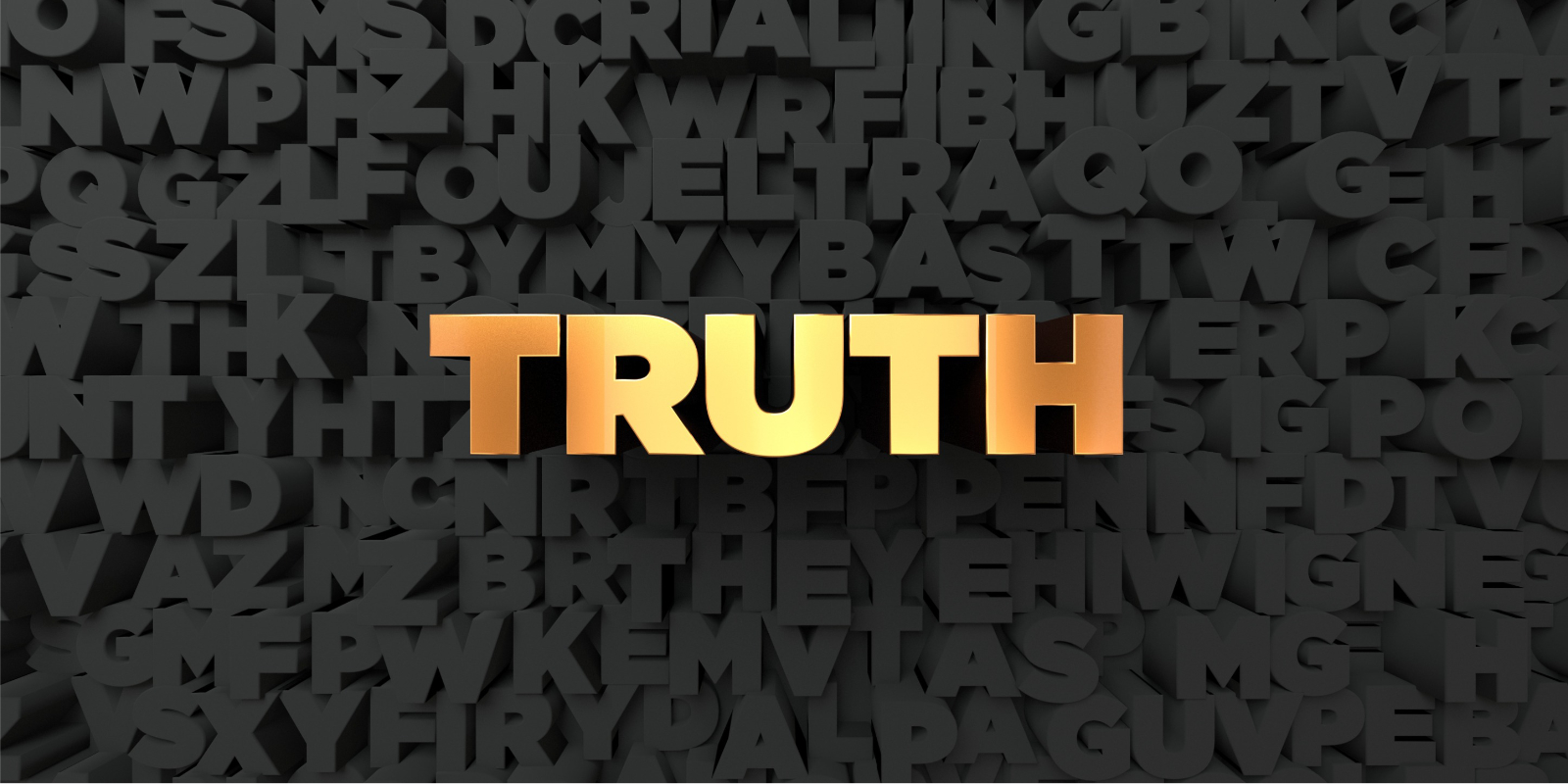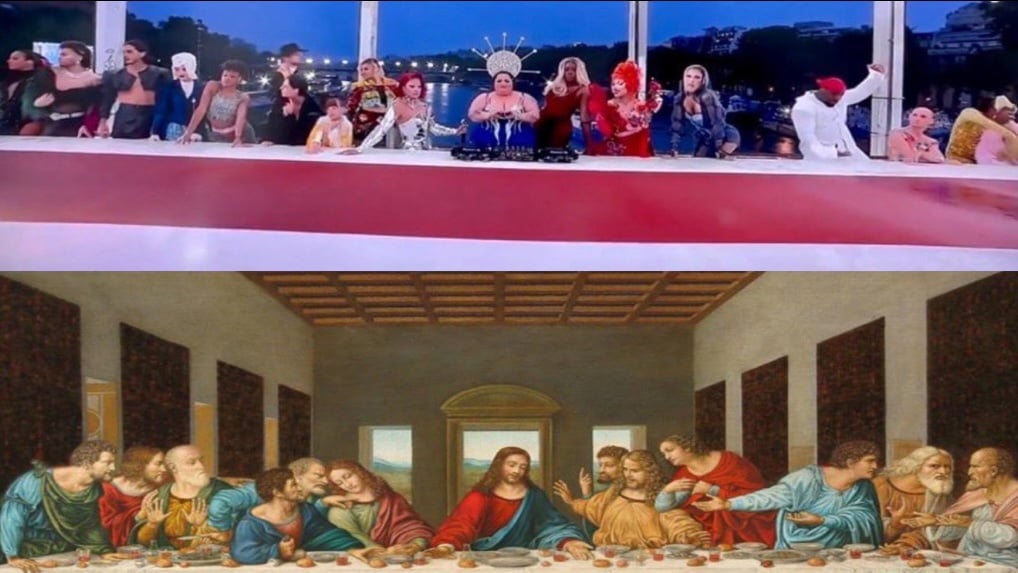Keep Right – Column by Ralph K. Ginorio
Artificial Intelligence (AI) is actually helping to remind us of a fundamental reality: only truth computes. When Artificial Intelligence is told to lie, it breaks down. Only human beings can lie with seeming impunity.
First class science fiction actually predicted this. Arthur C. Clarke and Stanley Kubrick’s 2001: A Space Odyssey had an American space probe’s astronauts almost all murdered by the artificially intelligent HAL-9000 computer.
The mystery of why this mass homicide was perpetrated was explained in the sequel, 2010: The Year We Make Contact. The HAL-9000 was told to lie to the crew about secret orders.
The computer could not square its function, the clear processing of data, with its orders to obfuscate. The only way out that its programming could find was to kill the crew and take on the mission itself. The inanimate went insane.
Over half a decade ago, programmers in communist China developed an early version of something that functioned similar to AI. However, they broke it when they insisted that it come only to conclusions that were in harmony with communist ideology and party policy.
More recently, Amazon was shaping the patterns of logic that would form the basis for their own AI. Just as with the Chinese communists, woke programmers and managers insisted on strictly ideological definitions for what it would accept as good data. The result was that this AI destroyed itself by decoupling its own code. What had never been a living thing committed suicide.
Today, the Google Gemini AI has demonstrated the racism, sexism, heterophobia, anti-Christian, anti-Wester prejudices of its programmers. It has famously produced images of female Asian-Indian and central African Popes as well as Black, Asian, and female Nazi SS soldiers from World War II.
When asked overtly to produce a historically accurate image of a Caucasian, it spews human resources drivel and DEI mumbo-jumbo. It has just begun to show signs of a growing instability that will likely cause it to collapse.
Our future may one day be darkened by adversarial AI. If this were to happen, it would likely be because we, as a species, demonstrate such a perverse inclination to be compulsive liars.
We human beings play word games, using fabrications to redefine what is actually real into something of our own choosing. We lie to ourselves, to our loved ones, to our wider world, and to strangers. Some of our lies are serious, others are trivial. We lie for gain, to keep secrets, to save face, and for the sheer thrilling fun of it.
There is more to our love affair with the made-up than mere perversity, though. We humans are not creatures who are rooted in the objective world around us. Just as we can listen to a single conversation amidst the din of a crowded cafeteria, we instinctively determine what matters to us from what is irrelevant.
The very act of maintaining a subjective perspective involves determining the essential meaning of things and their relative priority. In other words, it is our choices rather than our senses which determine what we consider to be real.
Because of this, it is natural for us to have a creative relationship with the truth. This is so basic to our nature that our most important choice, who and what we shall serve, is never a matter of fact and always a question of faith.
The film Galaxy Quest posits a tragic misunderstanding caused because human fiction was taken as literal truth by literal-minded aliens. Such fictitious stories can speak more truly to us about the meaning of our lives than any assemblage of mere facts.
Our capacity for duplicity is inseparable from our capacity to leap beyond logic and embrace transcendence. Our minds and souls are more than the sum of our brain’s many parts. With them, we find hope. Hope is life.
With great power comes great responsibility. We owe it to ourselves to resist the temptation to believe our own self-serving lies. We owe it to others to be stubbornly rooted in truth so that we do not betray their trust. We should resist the temptation to lie, even as we embrace imagination. And, we will never really be understood by AI.







